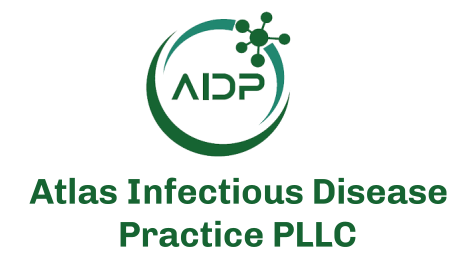Measles is a highly contagious virus that lives in the nose and throat mucus of an infected person. It can spread to others through coughing and sneezing .
The measles virus can live for up to two hours in an airspace or on a surface after an infected person leaves an area. If other people breathe the contaminated air or touch the infected surface, then touch their eyes, noses, or mouths, they can become infected. People can spread measles up to four days before and four days after a rash.
Signs and symptoms of measles include maculopapular rash, high fever, and a cough, runny nose, or red, watery eyes.
Measles can be severe in all age groups and can lead to serious complications, such as pneumonia (infection of the lungs) and death. Several groups are more likely to suffer from measles complications, including children younger than five years of age, adults older than 20 years of age, pregnant women, and people with compromised immune systems, such as from leukemia or HIV infection. Common complications are ear infections and diarrhea. Serious complications include pneumonia and encephalitis (infection of the brain).






